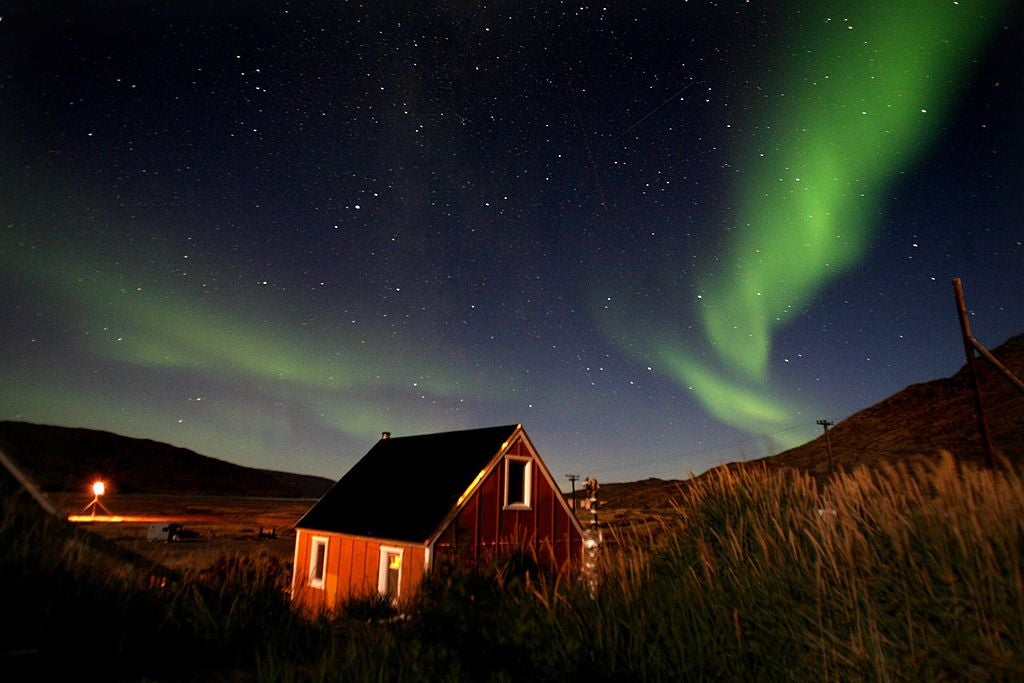Northern lights visible over UK: How to see Aurora Borealis tonight
Increase in solar winds should trigger spectacular display

Your support helps us to tell the story
From reproductive rights to climate change to Big Tech, The Independent is on the ground when the story is developing. Whether it's investigating the financials of Elon Musk's pro-Trump PAC or producing our latest documentary, 'The A Word', which shines a light on the American women fighting for reproductive rights, we know how important it is to parse out the facts from the messaging.
At such a critical moment in US history, we need reporters on the ground. Your donation allows us to keep sending journalists to speak to both sides of the story.
The Independent is trusted by Americans across the entire political spectrum. And unlike many other quality news outlets, we choose not to lock Americans out of our reporting and analysis with paywalls. We believe quality journalism should be available to everyone, paid for by those who can afford it.
Your support makes all the difference.The spectacular glow of the Northern Lights could brighten Britain’s skies early on Thursday morning.
An increase in solar winds means people in northern parts of Scotland and the Northern Isles should be able to see the show shortly after midnight on 26 October.
Although clear skies are predicted for parts of Scotland, the Met Office recommends checking local weather forecasts before going out to watch the lights.
Aurora Forecast, an organisation that tracks the likelihood of a show, said: “Aurora borealis activity is currently high. Weather permitting, very nice northern lights displays would be visible directly overhead in most northern communities.”
To maximise your chances of seeing the show, head away from areas of artificial light and into the countryside.
In Scotland, the best places to glimpse the aurora include the Highlands, Aberdeenshire, the Cairngorms and the Isle of Skye.
Particularly spectacular displays can even be seen from England. People south of the border are advised to take a camera and head to the Lake District and Northumberland, according to SkyScanner.
Scientists believe the Aurora Borealis is the result of charged particles from the Sun being carried on solar winds and hitting the Earth’s magnetic field.
This triggers bright, colourful lights when the particles collide with different types of gas particles.
But one physicist says that theory is wrong. Far from being produced by solar particles, it is the “snapping and moving” of Earth’s magnetic field that released the huge amount of energy needed for the display.
Join our commenting forum
Join thought-provoking conversations, follow other Independent readers and see their replies
Comments